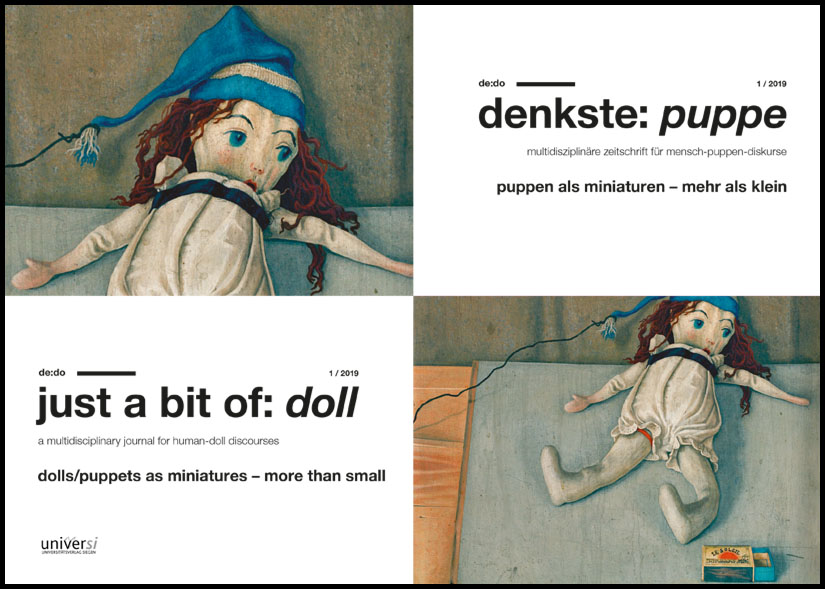»Little perfect world«? The dollhouse in Astrid Lindgren's story »No Robbers are in the Forest« (1949/1952) and its literary cross-border functions
Keywords:
literary functions of playing with miniature dolls, Gender-issues, strategies for coping with fear in childrenʼs literatureAbstract
The interpretation given here of Astrid Lindgrenʼs story “No robbers are in the forest" (Ingen rövare finns i skogen) (1949/1952) shows that this literary text can cancel out non-fictional, pedagogical, psychological and social functions traditionally assigned to the play with miniature dolls in our society. Traditional social functions of children’s playing with doll houses are thus accentuated anew. The literary strategies that bring about these changes and that are presented here in detail, explain how Peter, the child protagonist, learns to cope with his developmentally graded fear of danger andviolence while playing with the doll Mimmi, as well as with gender role expectations placedon him. This classic of childrenʼs literature thus has a timeless significance.
Downloads
Published
How to Cite
Issue
Section
License
Copyright (c) 2019 Julia von Dall’Armi

This work is licensed under a Creative Commons Attribution-ShareAlike 4.0 International License.



